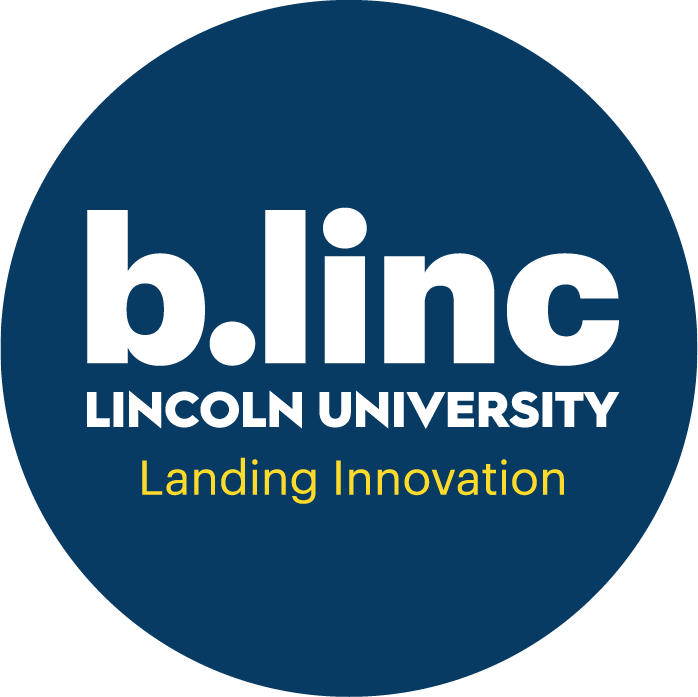Sustainable productivity has increasingly been championed as the way to meet the growing demand for food within the environmental and social constraints that the agrifood sector works. This workshop will consider what is actually meant by sustainable productivity, what it looks like in a NZ context and what research is required.
This workshop aimed at all those with an interest in the future productivity of the agrifood sector will feature insights from both Europe and the United States. Tassos Haniotis, drawing on his extensive European experience, will consider what is needed to improve agricultural productivity, not just in its purely economic sense but also in terms of its social and environmental dimensions. Professor Tim Richards will discuss sustainable productivity in terms of the wider agrifood sector and will draw on insights from the US on such factors as the role that labour markets play, in particular the impact of immigration policy on the sustainability of the sector.
About the speakers
Tassos Haniotis received a degree in Economics from the Athens University of Economics and Business in his native Greece. He subsequently received M.S. and Ph.D. degrees in Agricultural Economics from the University of Georgia in the U.S., with respective focus on production economics and agricultural trade policy. As a visiting Fellow at the Centre for European Agricultural Studies, Wye College, University of London, he analysed US-EC agricultural trade relations in the Uruguay Round of Trade Negotiations that led to the creation of WTO. An active member of International and European academic associations in his field to this date, Tassos received the Outstanding Alumni Award of the College of Agriculture of the University of Georgia, and a Honorary Doctorate Degree from the School of Agronomy, Aristotle University of Thessaloniki.
Tassos joined the European Commission in 1989, and after a brief stay in agricultural markets, he joined the agricultural outlook unit of DG for Agriculture and Rural development (DG AGRI), where he focused on agricultural modelling, medium-term market outlook, and analyses of the MacSharry reform of the CAP and the potential impact EU enlargements. In 1996 he moved to Washington, D, where he served as the Ag Counsellor of the EC Delegation in the US. In 2002, he joined the Cabinet of then European Commissioner for Agriculture Franz Fischler, where as a Member he advised on the 2003 reform and as a Deputy Head of Cabinet on the Doha Round of WTO negotiations.
In 2004, Tassos returned to DG AGRI, from where he retired in the summer of 2022 as Director for Strategy and Policy Analysis, a Directorate which (with some changes in names and structure) he led since 2009. During this period, he also served as as Acting Deputy Director-General (9 months) and Acting Director for Direct Payments (15 months). Before becoming Director, he served as Head of Unit in the Agricultural Policy Analysis and Perspectives Unit and in the Agricultural Trade Policy Analysis Unit of DG AGRI.
Timothy J. Richards is the Morrison Chair of Agribusiness in the W. P. Carey School of Business at Arizona State University. He has a B.Comm. (Economics and Finance) from the University of British Columbia, and an A.M. and Ph.D. in Applied Economics from Stanford University. He is the former co-editor of the American Journal of Agricultural Economics, and is currently co-editor of the European Review of Agricultural Economics. He has published over 130 articles in marketing, supply chain management, and agricultural economics, including articles in Management Science, Marketing Science, Production and Operations Management, Manufacturing Services Operations and Management, American Journal of Agricultural Economics, Review of Economics and Statistics, Journal of Retailing, and others. He has won 18 Article of the Year awards, for journals in supply chain management, economics, and agricultural economics and was named fellow of the Agricultural and Applied Economics Association in 2021.
About the Lincoln University Centre of Transformative Agribusiness
The Centre aims to be at the forefront internationally of the use of consumer insights, data and knowledge to support the transformation to farm and agribusiness systems that generate greater value from food, fibre and other bio-based products with fewer inputs and a reduced environmental impact. The key aim is to enhance the sustainability of the food and fibre sectors by supporting the development of new products and new ways of working that increase economic and social value whilst reducing their environmental footprint.




